U.S. Embassy tightens visa checks for students from Uzbekistan, requires them to make their social media accounts public
The U.S. Embassy in Tashkent has requested that Uzbek citizens applying for educational or exchange programs adjust the privacy settings of their social media accounts to public. According to the embassy, this requirement is intended to facilitate the screening process necessary to determine eligibility for entry to the United States. Failure to provide this information may result in denial of the visa or disqualification from future applications.
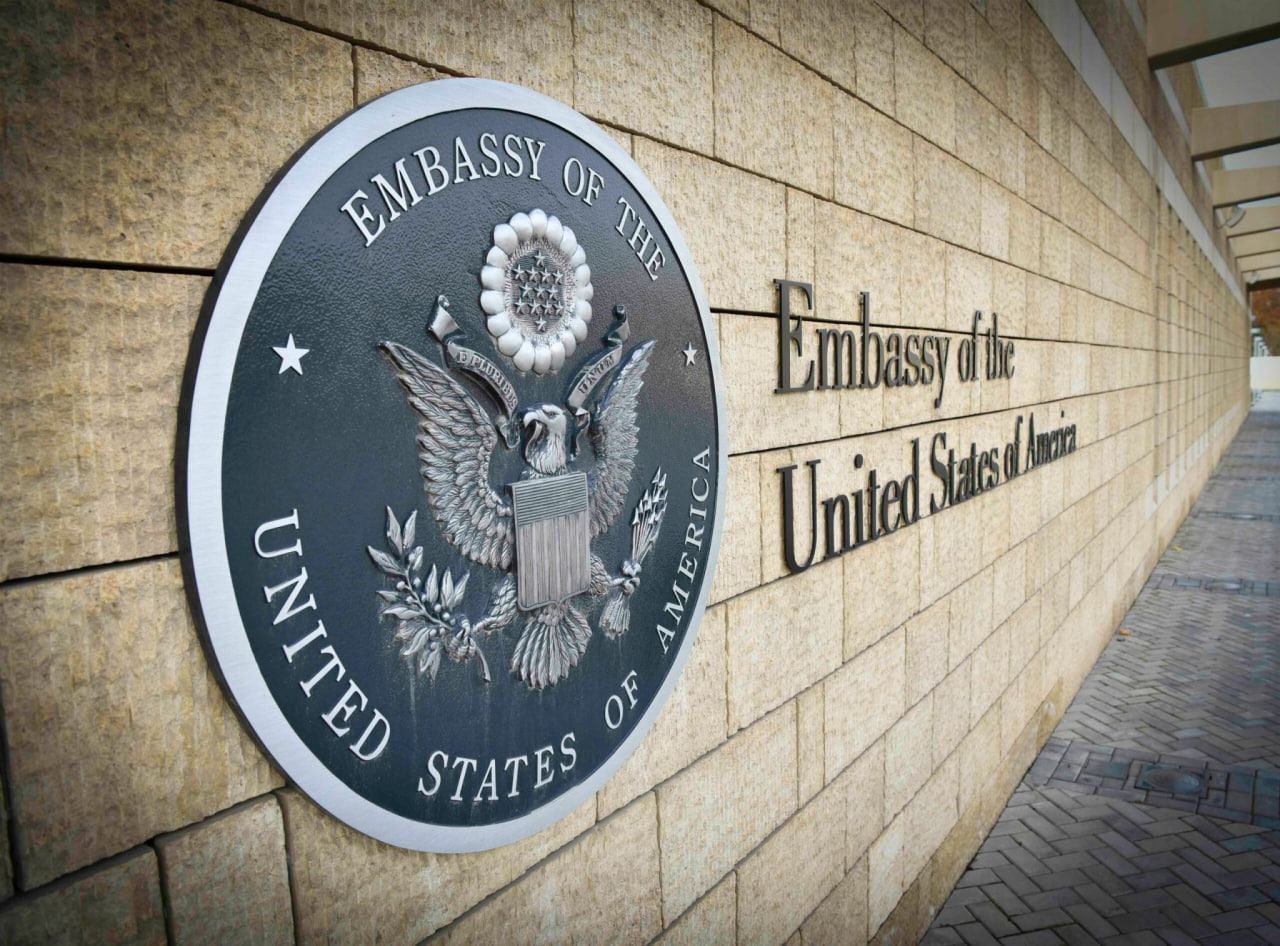
Photo: REUTERS
The embassy shared details about the updated visa interview requirements, which will take effect starting June 21.
Specifically, all applicants for nonimmigrant F, M, or J visas are now required to set the privacy settings of their social media accounts to “public” in order to help verify their identity and assess their eligibility for U.S. entry.
“We use available information in our visa screening and vetting to identify visa applicants who are inadmissible to the United States, including those who pose a threat to U.S. national security. Since 2019, the United States has required visa applicants to provide social media identifiers on immigrant and nonimmigrant visa application forms,” the statement reads.
In the DS-160 form submitted for visa applications, applicants must list all usernames and aliases used on social media platforms over the past five years. Before submitting the form, applicants are required to certify that all information provided is accurate and truthful. Failure to include social media details may result in the denial of the visa and even future ineligibility to apply.
What are F, M, and J visas?
In the U.S., F, M, and J visa categories are nonimmigrant visas designed for temporary stays, primarily for educational, vocational, or cultural exchange purposes.
F Visa – Academic Student Visa
This visa is issued to students planning to study at accredited colleges, universities, high schools, language training programs, or other academic institutions in the U.S. Spouses and children of students may also receive F-1 or F-2 visas. Students with this visa are permitted to work on campus under certain restrictions, as long as they do not violate the terms of their studies.
M Visa – Vocational Student Visa
This visa is for those who intend to study at vocational or technical institutions. Family members of M visa holders may receive M-1 or M-2 visas. Unlike F visas, M visa holders are not allowed to work during their studies, though limited practical training may be allowed after graduation.
J Visa – Exchange Visitor Visa
This category covers individuals participating in cultural, scientific, or professional exchange programs, such as researchers, professors, or medical residents. Family members may be issued J-1 or J-2 visas. J-1 visa holders may be permitted to work during their practical training period.
Recommended
List of streets and intersections being repaired in Tashkent published
SOCIETY | 19:12 / 16.05.2024
Uzbekistan's flag flies high on Oceania's tallest volcano
SOCIETY | 17:54 / 15.05.2024
New tariffs to be introduced in Tashkent public transport
SOCIETY | 14:55 / 05.05.2023
Onix and Tracker cars withdrawn from sale
BUSINESS | 10:20 / 05.05.2023
Latest news
-
Publishing industry in Uzbekistan sees surge as tax breaks and investments roll in
SOCIETY | 16:35
-
Uzbekistan seeks role for local firms in China–Kyrgyzstan–Uzbekistan railway project
POLITICS | 16:33
-
Uzbekistan’s meat imports jump by over 60% in first half of 2025
SOCIETY | 16:31
-
Greener, smarter, more livable: How Tashkent will change over the next 20 years
POLITICS | 16:03
Related News
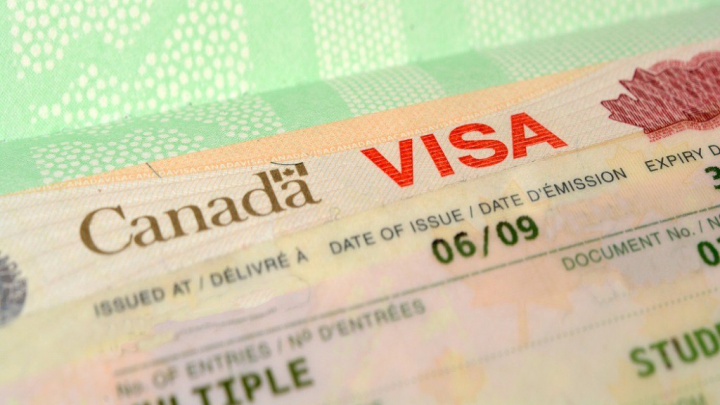
13:19 / 08.07.2025
Uzbekistan looks to ease visa process for Canada, Argentina, and Australia
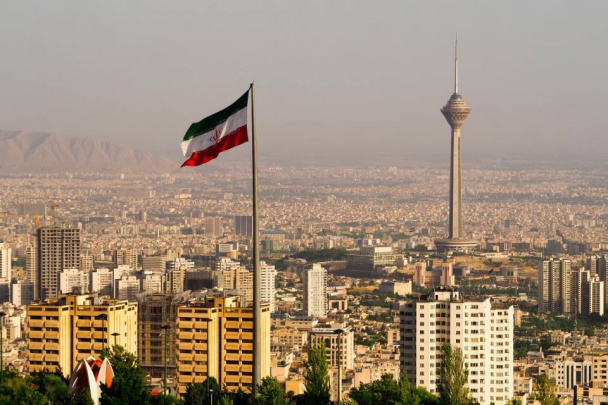
14:40 / 26.06.2025
Uzbekistan may introduce visa-free entry for Iranian citizens – Embassy
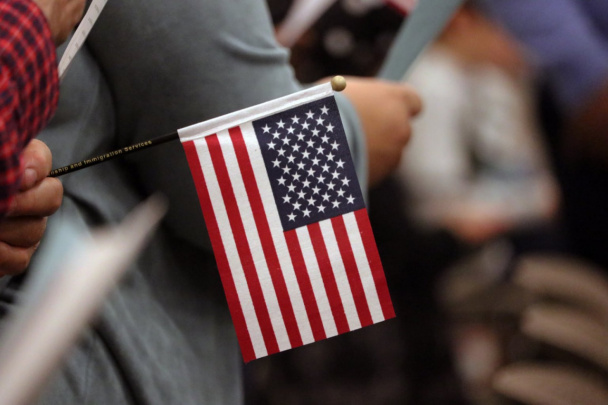
11:33 / 25.06.2025
U.S. rejects nearly 65% of visa applications from citizens of Uzbekistan
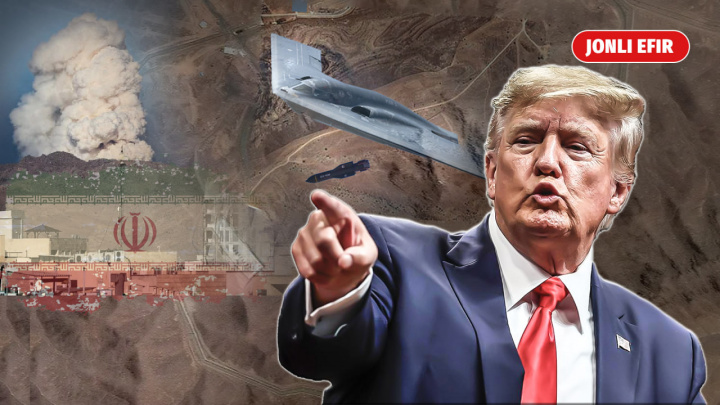
14:18 / 23.06.2025



